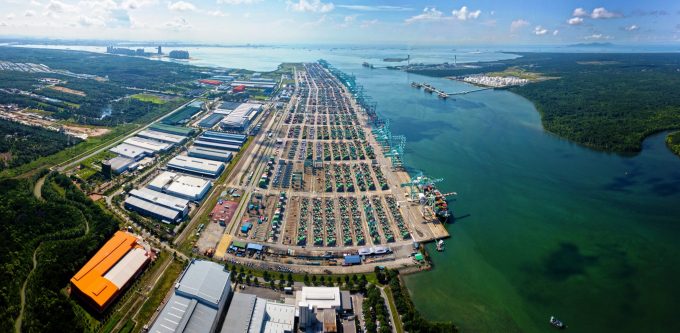Shippers: dynamic forwarders will develop the contract you want
Shippers have “become way more sophisticated” in their contracting, and increasingly demand bespoke solutions, delegates ...

Long-term container shipping contracts have registered their first pricing decline since last October, prompting fears that the industry is heading towards “a recession of seismic proportions”.
According to figures published today by Xeneta, its crowd-sourced freight rate benchmarking platform XSI Public Indices saw a 0.5% decline ...

Comment on this article